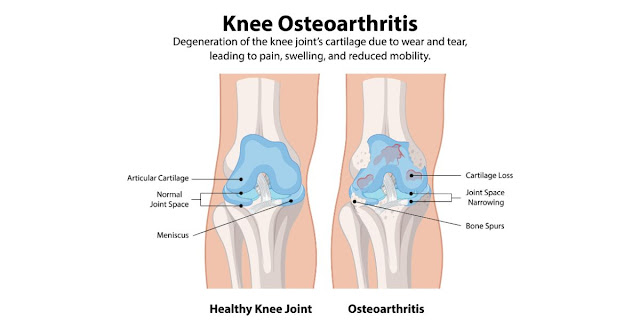1. Why Selecting the Right Hip Replacement Surgeon is Crucial
The expertise of your hip replacement surgeon plays a significant role in the success of your hip operation. Surgeons who specialize in total hip arthroplasty have the training and experience needed to perform these complex procedures with precision. Choosing a surgeon with a proven track record in hip surgery can greatly enhance your chances of a successful outcome.
2. Understanding Different Types of Hip Surgery
Total hip arthroplasty is a common hip surgery used to replace a damaged hip joint with an artificial one. There are various approaches to hip replacement surgery, including traditional open surgery and minimally invasive techniques. It’s important to discuss these options with your hip replacement surgeon to determine which approach best suits your condition and lifestyle.
3. Evaluating Your Hip Replacement Surgeon’s Experience
When selecting a hip replacement surgeon, consider their qualifications, certifications, and experience in performing total hip arthroplasty. A surgeon with extensive experience in hip surgery is likely to provide better outcomes and reduce the risk of complications. Review patient testimonials and success rates to gauge the surgeon’s competence and reputation.
4. What to Expect During Your Consultation
Your initial consultation with a hip replacement surgeon is an opportunity to discuss your symptoms, treatment options, and the specifics of the hip operation. During this meeting, the surgeon should explain the total hip arthroplasty procedure in detail, including potential risks, benefits, and recovery expectations. This is also a good time to ask questions and address any concerns you may have about the surgery.
5. Preparing for Your Hip Replacement Surgery
Proper preparation is essential for a smooth hip operation. Follow your hip replacement surgeon’s preoperative instructions closely, including any necessary lifestyle changes or medical preparations. Preparing adequately for hip surgery can help minimize risks and improve your recovery process.
6. Postoperative Care and Rehabilitation
Effective postoperative care is crucial after total hip arthroplasty. Discuss the rehabilitation process with your hip replacement surgeon, including physical therapy and follow-up appointments. A well-structured rehabilitation plan will support your recovery and help you regain strength and mobility more quickly.
7. Choosing the Right Facility for Your Hip Surgery
The quality of the hospital or surgical facility where your hip surgery takes place also impacts your overall experience. Ensure that the facility is accredited and equipped with the latest technology for total hip arthroplasty. A reputable facility will contribute to a safer and more successful surgical outcome.
8. Financial Considerations and Insurance
Understanding the costs associated with hip replacement surgery and what your insurance covers is important. Discuss financial aspects and potential out-of-pocket expenses with your hip replacement surgeon and insurance provider. Being informed about these details will help you avoid unexpected costs and make better financial decisions.
Conclusion
Selecting the right hip replacement surgeon is crucial for achieving the best results from your hip operation. By evaluating the surgeon’s qualifications, understanding the types of hip surgery available, and preparing thoroughly for your procedure, you can ensure a successful outcome. If you have any questions or need expert guidance, consult with a specialized hip replacement surgeon to guide you through the process.
Book An Appointment
Ready to learn more about total hip arthroplasty and how it can improve your quality of life? Contact our expert team of hip replacement surgeons at Yashoda Hospital, Nehru Nagar, Ghaziabad today to schedule a consultation and take the first step towards a healthier, more active lifestyle.




Comments
Post a Comment